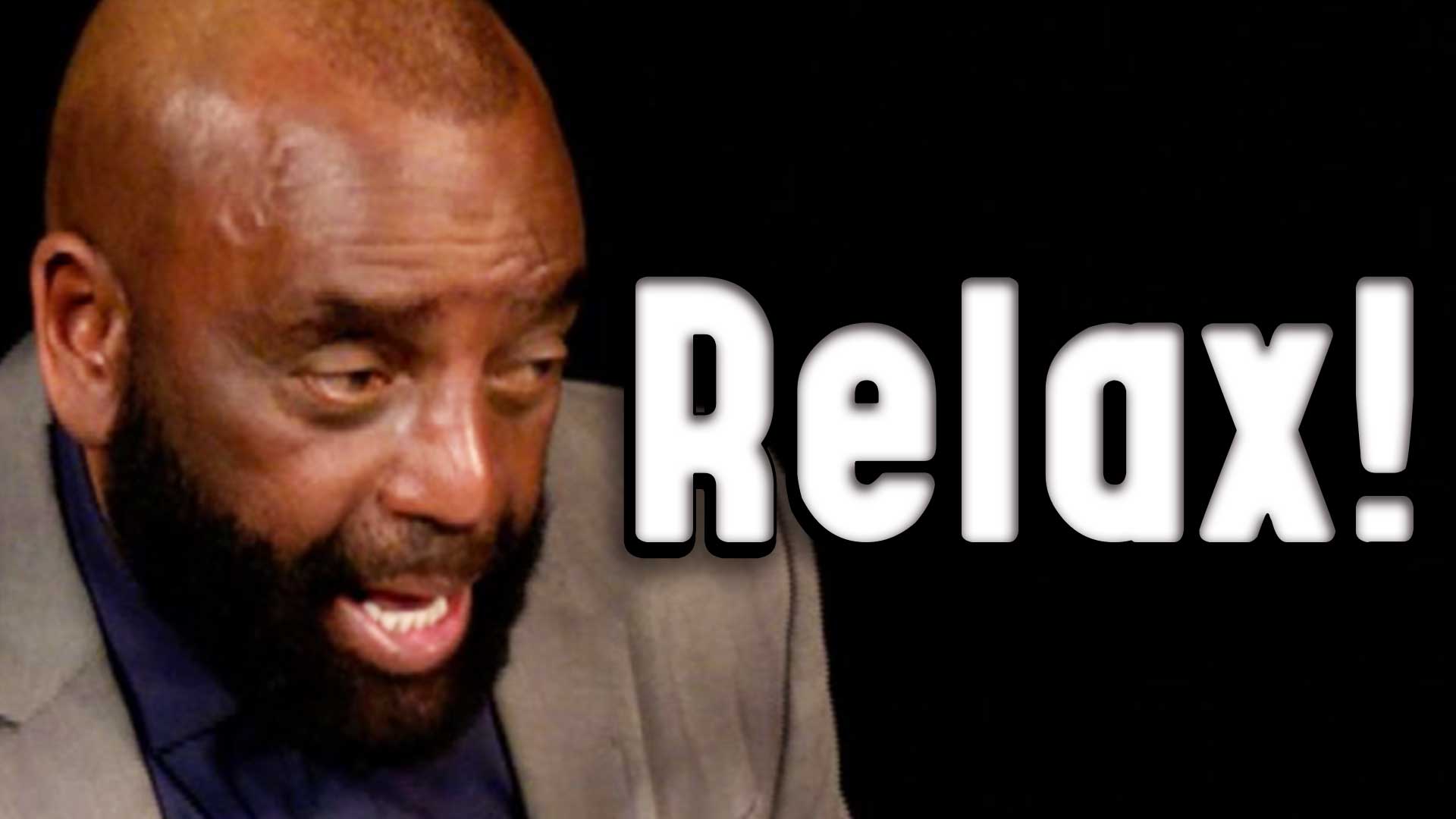
Many of these emphasize the role of attention and characterize the practice of meditation as attempts to get beyond the reflexive, "discursive thinking" or "logic" mind to achieve a deeper, more devout, or more relaxed state.īond et al. In modern psychological research, meditation has been defined and characterized in various ways. Ornstein noted that "Most techniques of meditation do not exist as solitary practices but are only artificially separable from an entire system of practice and belief." : 143 For instance, while monks meditate as part of their everyday lives, they also engage the codified rules and live together in monasteries in specific cultural settings that go along with their meditative practices.ĭictionaries give both the original Latin meaning of "think deeply about (something)" as well as the popular usage of "focusing one's mind for a period of time", "the act of giving your attention to only one thing, either as a religious activity or as a way of becoming calm and relaxed", and "to engage in mental exercise (such as concentrating on one's breathing or repetition of a mantra) for the purpose of reaching a heightened level of spiritual awareness." Scholarly definitions Taylor noted that even within a faith such as "Hindu" or "Buddhist", schools and individual teachers may teach distinct types of meditation. Some of the difficulty in precisely defining meditation has been in recognizing the particularities of the many various traditions and theories and practice can differ within a tradition. In 1971, Claudio Naranjo noted that "The word 'meditation' has been used to designate a variety of practices that differ enough from one another so that we may find trouble in defining what meditation is." : 6 A 2009 study noted a "persistent lack of consensus in the literature" and a "seeming intractability of defining meditation". There remains no definition of necessary and sufficient criteria for meditation that has achieved universal or widespread acceptance within the modern scientific community. These can include almost anything that is claimed to train the attention of mind or to teach calm or compassion. In popular usage, the word "meditation" and the phrase "meditative practice" are often used imprecisely to designate practices found across many cultures. Meditation has proven difficult to define as it covers a wide range of dissimilar practices in different traditions. Definitions Difficulties in defining meditation No universally accepted definition


The term "meditation" in English may also refer to practices from Islamic Sufism, or other traditions such as Jewish Kabbalah and Christian Hesychasm. In the Catholic tradition, the use of the term meditatio as part of a formal, stepwise process of meditation goes back to at least the 12th century monk Guigo II, before which the Greek word Theoria was used for the same purpose.Īpart from its historical usage, the term meditation was introduced as a translation for Eastern spiritual practices, referred to as dhyāna in Hinduism and Buddhism and which comes from the Sanskrit root dhyai, meaning to contemplate or meditate. The English meditation is derived from Old French meditacioun, in turn from Latin meditatio from a verb meditari, meaning "to think, contemplate, devise, ponder". Research is ongoing to better understand the effects of meditation on health ( psychological, neurological, and cardiovascular) and other areas. Meditation may significantly reduce stress, anxiety, depression, and pain, and enhance peace, perception, self-concept, and well-being. Since the 19th century, Asian meditative techniques have spread to other cultures where they have also found application in non-spiritual contexts, such as business and health. The earliest records of meditation ( dhyana) are found in the Upanishads, and meditation plays a salient role in the contemplative repertoire of Hinduism, Jainism and Buddhism.


Meditation is practiced in numerous religious traditions. Meditation is a practice in which an individual uses a technique – such as mindfulness, or focusing the mind on a particular object, thought, or activity – to train attention and awareness, and achieve a mentally clear and emotionally calm and stable state. Various depictions of meditation (clockwise starting at the top left): the Hindu Swami Vivekananda, the Buddhist monk Hsuan Hua, Taoist Baduanjin Qigong, the Christian St Francis, Muslim Sufis in Dhikr, and social reformer Narayana Guru


 0 kommentar(er)
0 kommentar(er)
